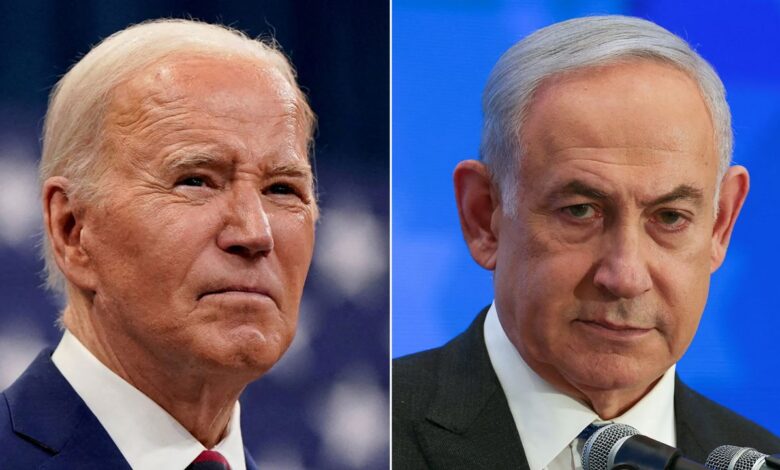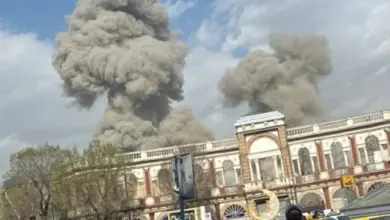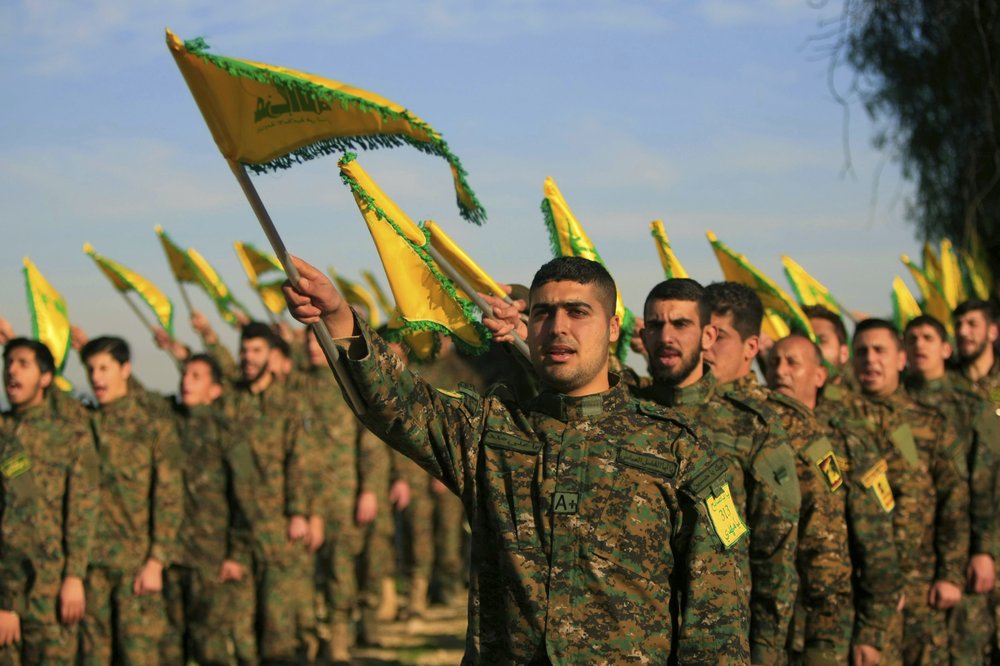
As the Middle East braces for Israel’s response to Iran’s missile attack, Israeli Defense Minister Yoav Gallant said the strike would be “powerful, precise, and above all – surprising.”
His remarks come as the White House said US President Joe Biden held a “direct,” 30-minute phone call with his Israeli counterpart Benjamin Netanyahu — their first conversation in almost two months, a sign of how fraught relations have become and how distant the two leaders are in their objectives for the region.
The White House characterized the conversation as an extension of discussions between US and Israeli officials about Israel’s response to Iran. It did not provide any further details about Israel’s planned retaliation, which Biden has said should be “proportional.”
Here’s what else you need to know:
- Lebanon escalation: A quarter of Lebanese territory is now under Israeli military displacement orders, according to the UN, a sign of the growing scale of the humanitarian crisis and expansion of Israel’s war against Hezbollah. More than 1,400 people have been killed and 1.2 million displaced in Lebanon since Israel launched its ground incursion and intensified airstrikes earlier this month, according to Lebanese officials.
- Ground war: Israel will continue to “strike Hezbollah with intensity, without allowing them any respite or recovery,” the head of the Israeli military said. His remarks come as Israel’s energy minister said Israeli soldiers had “occupied” a southern Lebanese village, sharing an image of the Israeli flag raised there. Israel has expanded its ground operations into southwest Lebanon, after previously focusing on the eastern part of the border area, but has insisted its ground incursions are “limited.”
- Israeli deaths: Hezbollah fired dozens of rockets at northern Israel, killing two people in the first civilian deaths in the area since Israel launched its ground war on Lebanon. Hezbollah said it targeted “Israeli enemy forces” with rockets in support of the Palestinian people in Gaza and “in defense of Lebanon.”
- No sign of ceasefire: Biden stressed to Netanyahu the need for a “diplomatic arrangement” that would allow displaced Israelis and Lebanese to return to their homes, the White House said, in phrasing that appeared to intentionally stop short of calling for a ceasefire along the border. It comes after Hezbollah said it supports efforts aimed at achieving a ceasefire in Lebanon, marking the first time the group has publicly endorsed a truce and not conditioned it on stopping the war in Gaza.
- In Gaza: Medical responders and the Qatar-based Al Jazeera news network accused the Israeli military of firing at a group of journalists in the Palestinian enclave, killing one person and injuring others. The Israel Defense Forces told CNN it was “not aware of IDF troops in the specified area” at that time.
- UN warning: The head of the UN agency for Palestinian refugees has warned that its humanitarian response in Gaza “may disintegrate” if an Israeli move to ban the agency from its territory is passed into law. “If the bills are adopted, the consequences will be severe,” Philippe Lazzarini, Commissioner-General of UNRWA, told the UN Security Council.




